Communicate to motivate
Effective communication with your teams can have a significant impact on keeping people engaged in their work and focussed on the right priorities to support the success of your business. Unfortunately, regular communication is not always prioritised amongst the many demands of running a business. This article highlights four key areas where effective communication with the people in your business is important and shares a simple framework to plan these communications, along with tips on how to communicate successfully.
What communication do employees want?
Survey questions used by researchers to measure employee satisfaction with communication typically include the following:
- The leaders at my company have communicated a vision that motivates me.
- The leaders at my company demonstrate that people are important to the company’s success.
- The leaders at my company keep me informed about what is happening.
- I know what I need to do to be successful in my role.
- My manager gives me useful feedback on how well I am performing.
- I receive appropriate recognition for my work.
(These specific questions are from Culture Amp: www.cultureamp.com).
Common themes emerge from employee feedback. People want their leaders and managers to keep them in the loop about long-term company goals and how the business is performing. They also want to understand how their work contributes to business success, get feedback on how they’re doing and be recognised and rewarded for their efforts. If you don’t meet these needs, people can become disillusioned and demotivated and start thinking about moving on.
A system for effective communication
The table below is a framework for providing the communication your people are looking for. Think about how often you need to communicate in each of the four areas and the best way of exchanging information. Make these communications a firm commitment in your calendar so that they become a priority.
Topic |
Frequency |
Method |
| strategy | ||
| workflow | ||
| feedback | ||
| engagement |
Tips for implementing a communication framework
To help you implement your communication framework, see the following tips about when and how to communicate.
Strategy
Communicating about business strategy can be a wonderful opportunity to generate enthusiasm and excitement about the future. Share your long-term goals and give people regular updates on progress. It’s a great way to remind people they’re part of a successful business. Even if your business faces challenges along the way, keeping the team updated on how you’re addressing challenges can boost morale. A monthly or quarterly team meeting would suit most businesses.
Workflow
Regular communication about workflow really helps people to prioritise effectively and enables you to trouble-shoot any problems in a timely manner. Technology can be useful in supporting workflow management and there are a range of workflow management and collaboration tools available. The frequency of workflow meetings depends on the nature of the business and company culture. Options include a daily, 5 minute “stand-up” meeting, or a weekly or fortnightly catch up.
Feedback
Feedback is essential to keep people engaged and to develop skills – ideally a mixture of on-the-job feedback and a more formal feedback process. When providing informal feedback, remember to try and catch people doing something right, rather than defaulting to a “no news is good news” approach where they only hear from you when things go wrong.
There are several options for implementing a formal feedback process, including using HR software systems or paper-based processes, applying a rating scale, etc. Whatever approach you take, the following steps will ensure that you have a meaningful and successful feedback meeting:
- Provide the opportunity for people to evaluate their own performance.
- If you see things differently, explain your point of view with specific, objective examples.
- People are more likely to receive constructive criticism positively when you deliver it in a neutral tone and with empathy.
- Accept that people sometimes take a while to process feedback – they may not fully accept the feedback until after the meeting.
- Train your managers if they feel uncomfortable with this process.
- Spend more time looking forward than looking back. Talk about development opportunities and career goals.
- Focus more on maximising peoples’ strengths than trying to fix their weaknesses.
- Document a development plan and follow it up on a regular basis.
I would recommend providing formal feedback at least annually, with a quarterly follow up of development plans.
Engagement
The steps outlined above will all impact positively on engagement. In addition, celebrating success is a great way of boosting staff morale, by acknowledging achievements. Rewards can include anything from public recognition to bonuses.
If you’re serious about driving engagement, an engagement survey can be a powerful tool. If you decide to take this step, you need to be prepared to accept constructive criticism and take action to address problems. Surveys can have a negative impact on morale if not taken seriously by management. On the upside, research on employee engagement shows that positive engagement results in better staff retention, productivity, profitability, growth, and customer service. It also strengthens your employer brand which can help to attract talent.
In Summary
Investing time in regular communication with your people about your business and their work will pay off in terms of business results and staff retention. Regular communication in each of the four areas above doesn’t need to be time-consuming or onerous. These days it’s easier than ever to get people together, even if they’re not in the same physical space.
Posted: Wednesday 2 February 2022
Recent Posts
Archive


